Pension types
Learn more about the different types of pension, and what they mean for your retirement.

Defined Benefit and Defined Contribution pensions
What is a defined contribution pension?
A defined contribution pension is built up through your contributions, tax relief and any investment returns. If you use this scheme through your workplace, your employer will also contribute.
What is a defined benefit pension?
A defined benefit pension pays a guaranteed income based on your earnings. These include final salary pensions and ‘career average’ pensions.
Defined Benefit vs Defined Contribution
There are several key differences between defined contribution and defined benefit pensions.
State pension
What is the State Pension?
The State Pension is a regular retirement income paid for by the government to people who reach State Pension age. The amount you get will depend on the number of qualifying years that you have made National Insurance contributions.
Personal and private pensions
What is a private pension?
A private pension is a pension you can set up yourself, rather than through your employer.
What is a Self-Invested Personal Pension (SIPP)?
A SIPP is a defined contribution pension that gives you control over your investments. A SIPP allows you to choose from a range of investment options including stocks, funds, trusts and ETFs.
What is a stakeholder pension?
A stakeholder pension is a defined contribution pension where the retirement income depends on how much you contribute and how your investments perform. Anybody can invest in a stakeholder pension which makes them attractive to the self-employed or unemployed.
Other pension types
AVC pensions
An additional voluntary contribution (AVC) pension lets you build a pension pot alongside your existing workplace pension.
SSAS pensions
A SSAS pension – or ‘Small Self Administered Scheme’ – is a defined contribution pension established by an employer for fewer than 12 members. It is most common for small or family-run businesses.
Self-employed pensions
The self-employed have access to a range of options including personal pensions, self-invested personal pensions (SIPP) and stakeholder pensions.
Ethical pensions
An ethical pension lets you invest in companies or sectors that meet environmental, social and governance (ESG) criteria.